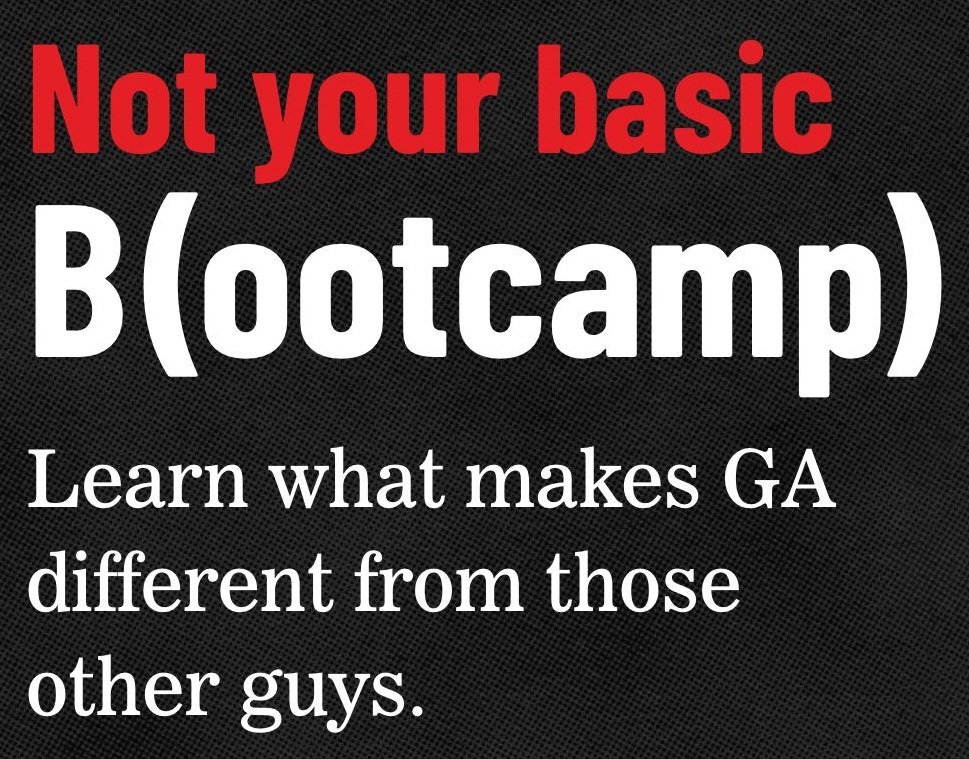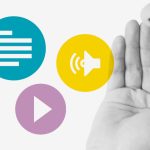THE LATEST TECH WORKFORCE TRENDS. RIGHT HERE.
What’s trending now? We help you keep up. As the top name in tech training, we partner with top business leaders and other experts to stay ahead of what’s next – and help you stay up to speed.
NOT YOUR BASIC BOOTCAMP
At General Assembly, we’re not just another tech bootcamp. We’re the pioneers, the trailblazers, and the innovators of the tech education landscape.

LATEST POSTS

Article
December 15, 2020
Improving Diversity, Equity, & Inclusion Within Your Organization
Article
December 5, 2020
How is Python Used in Data Science?
Article
December 3, 2020
User Experience Jobs: 7 Options & How to Choose a UX Career You Love
Article
December 3, 2020
Data at Work: 3 Real-World Problems Solved by Data Science
Article
December 3, 2020
How to Quickly get an Internship in Data Science

Article
October 26, 2020
